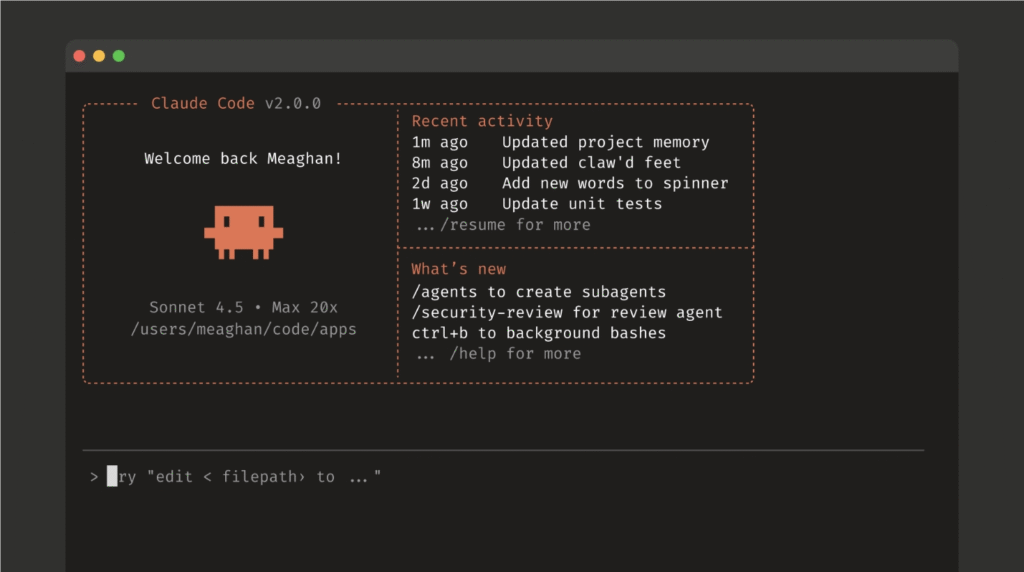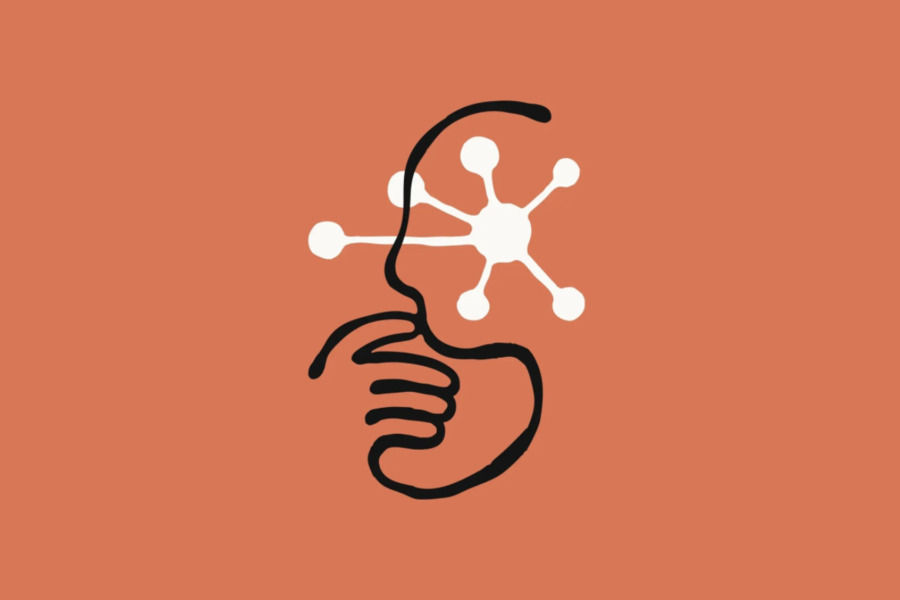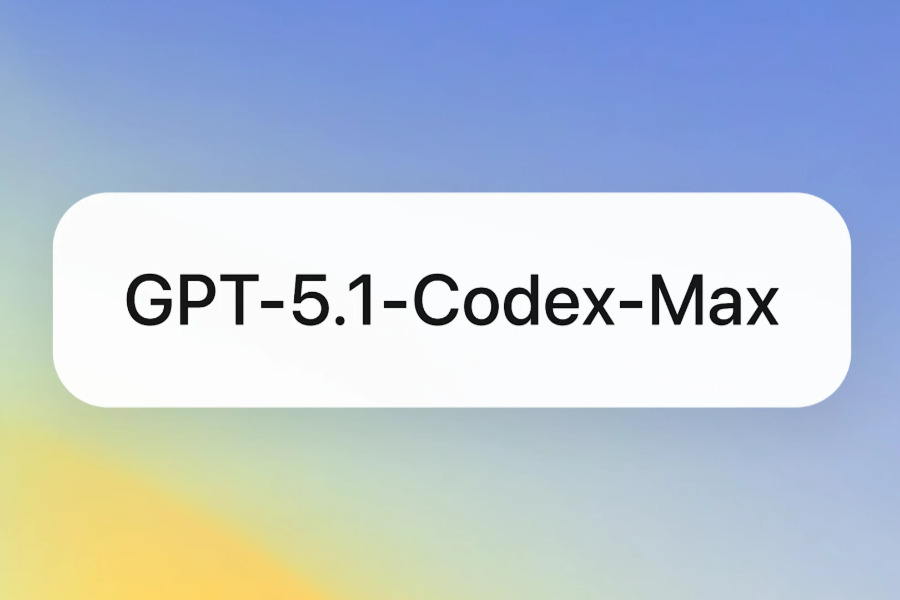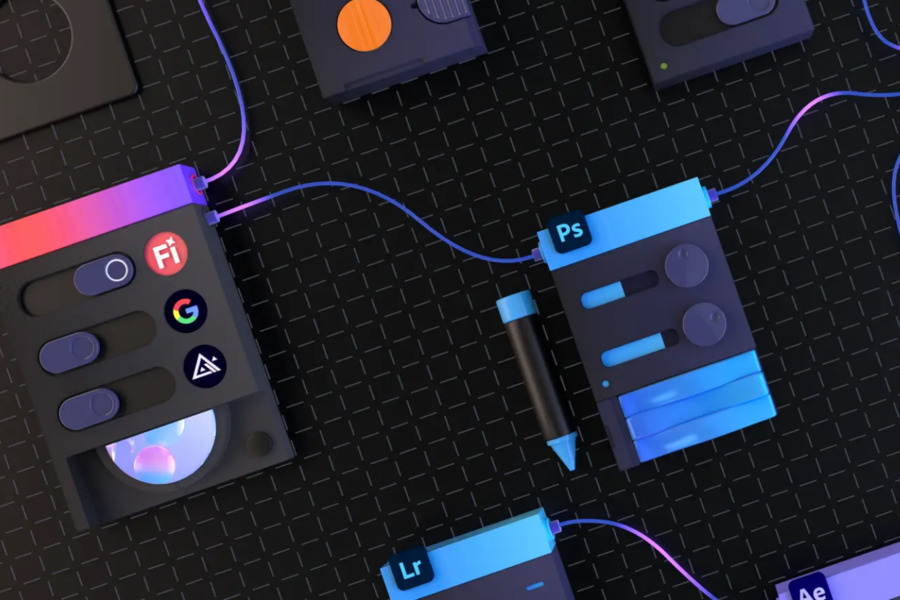In a significant move within the AI-powered developer tools sector, Anthropic has officially launched Claude Code 2.0, a comprehensive update to its coding platform. Coinciding with this release is the new Claude Sonnet 4.5 model. Together, they redefine Claude Code’s role from a helper to an autonomous AI agent, with reported efficiency gains that are up to three times faster than its predecessor.
This upgrade delivers a more powerful user experience across command lines and integrated development environments (IDEs). It introduces robust features for long-term project management and marks a notable expansion of its enterprise ecosystem, setting a new benchmark for AI-assisted software development.
Core Upgrades in Claude Code 2.0
The Claude Code v2.0 update enhances both its interface and core functionality, delivering improvements where developers work most: the terminal and modern IDEs.

The Reimagined Command Line Interface (CLI)
The Claude Code CLI has undergone a complete redesign, featuring a sleeker and more responsive user interface. Key advancements include support for parallel processes and real-time feedback, which drastically reduce waiting time. Early user reports indicate the system’s responsiveness has increased by approximately threefold, effectively eliminating the lag that once hindered workflow fluidity. This focus on speed and clarity makes the command line a far more potent environment for executing complex, multi-step tasks.
Native VS Code Extension (Beta)
In a strategic effort to embed itself deeper into developer workflows, Anthropic has released an official native VS Code extension, now in beta. This plugin integrates Claude Code directly into the IDE’s side panel, offering critical features like inline diff previews and graphical interactions. Developers can now review AI-suggested code modifications in real-time, inspect proposed changes precisely, and revert them with a single click.
This seamless, approval-based workflow is designed to maximize collaborative efficiency, giving developers full control while leveraging the speed of AI. While currently exclusive to VS Code, compatibility with other popular third-party IDEs like Cursor is expected in the future.
Revolutionary Agentic Features
This release introduces groundbreaking features that solidify Claude Code’s evolution from a basic tool into a genuinely autonomous agent, capable of managing long-running and complex software development tasks.
1. Revolutionary Checkpointing Functionality
A standout feature in Claude Code 2.0 is checkpointing. This capability allows the AI to automatically save its state during extended, multi-step tasks. Developers can roll back to any previous checkpoint—restoring code files, conversation context, or project configuration—without disrupting manual edits or command-line operations performed in the interim.
This feature is invaluable for large-scale projects, functioning seamlessly alongside traditional version control like Git and providing a critical safety net against the risk of the AI losing progress or deviating from its task.
2. Streamlined Reasoning and User Experience
To facilitate deeper AI reasoning, Claude Code 2.0 introduces a “Tab to Think” shortcut. A simple press of the tab key triggers the AI’s deep inferential process, allowing developers to quickly solicit a high-level plan or detailed reasoning before any code is generated.
Adding a layer of personality to the interface, Anthropic has also introduced a new mascot, “Clawd,” a friendly crab character that enhances user engagement.
API, Ecosystem Expansion, and the Competitive Landscape
Anthropic has updated its core platform components to support the new capabilities of Claude Sonnet 4.5 and the advanced agentic workflow, with a clear focus on enterprise-level deployment.
Advanced API Tools and SDK
The Claude API has been upgraded with Context Editing, which automatically cleans up outdated or irrelevant information, and Memory Tools, designed to persistently store data that exceeds the model’s standard context window limits.
Furthermore, the dedicated agent development platform, now rebranded as the Claude Agent SDK (formerly Claude Code SDK), is available to team and enterprise users. This SDK provides a robust framework of core tools and permission management, enabling organizations to build highly customized AI agents tailored to their specific workflows and security requirements.
Expanding Reach with Key Integrations
The influence of Anthropic’s new model is rapidly extending across the AI developer ecosystem. GitHub Copilot has integrated Sonnet 4.5 into its public beta, making the new model available in its chat, editing, and agent modes for Pro and higher-tier subscribers. Additionally, the Claude for Chrome browser extension has been extended to Max tier subscribers, further weaving Claude’s advanced reasoning capabilities directly into the daily research and documentation workflows of power users.
This aggressive update comes at a time of rapid growth for Claude Code. Anthropic’s recent data indicates the tool has quickly attracted a significant developer base, processing billions of lines of code and demonstrating substantial commercial potential in a competitive market that includes tools like GitHub Copilot and Cursor .
Conclusion on Claude Code 2.0
The release of Claude Code 2.0 is more than a routine update; it represents a major inflection point in the evolution of AI development tools. By achieving substantial efficiency gains, introducing deep native IDE integration, and pioneering safety features like checkpointing, Anthropic has firmly positioned its tool as a transition from an assistant to an autonomous agent.
With developers able to access these features immediately via the Claude.ai platform and updated API, the future of software development looks increasingly collaborative. As Anthropic focuses on enabling longer autonomous tasks and exploring multi-modal capabilities, the industry moves closer to a reality where AI can reliably manage complex, end-to-end development responsibilities.



